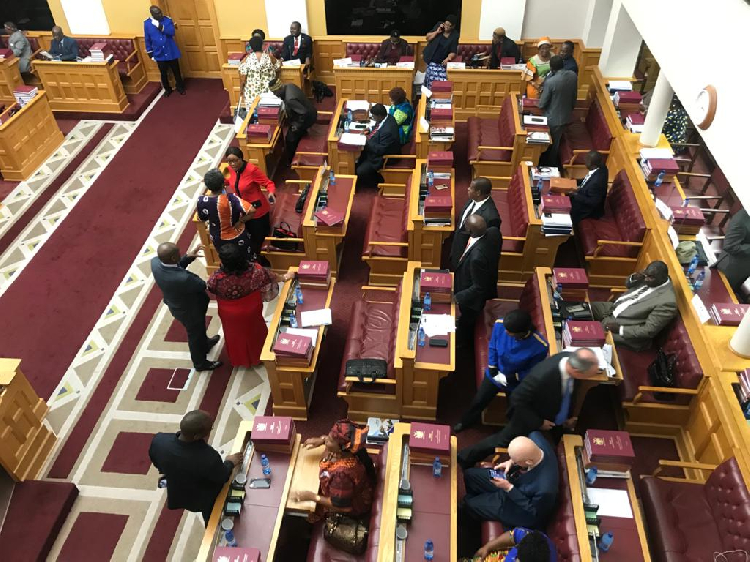THE Rundu Town Council is clamping down on illegal water connections, especially in the informal settlements.
A recent investigation by two local companies found more than 3 700 illegal connections along its water supply network, most of which were detected in the Kehemu and Kaisosi areas. The council was incurring losses of up to 70 per cent on water it supplied to residents.Municipal spokesperson Benjamin Makayi told The Namibian yesterday that the council still had to comb the areas of Ndama and Sauyemwa in search of illicit water usage.So far the exercise has cost the council about N$250 000.All the 3 700 illegal connections discovered had been shut down, reducing water supply losses to 48 per cent.Makayi said it had been found that many homes were either not fitted with a water meter, or the meters were out of order, making it difficult for the municipality to calculate accurate water usage.He said the pre-paid water system was also not functioning optimally.The council said it was not finding it too difficult in encouraging residents to pay for their water supply and that the losses it suffered were mostly as a result of illegal water supply.Most of the connections have been made by way of pipes directly from the main network, or from the homes of ratepayers.This time around, however, the culprits would not be fined.Makayi said the intention was to rehabilitate the town’s supply network and to create awareness among residents.By law, a person found guilty of obtaining water through an illegal connection can be fined as much as N$2 000 or six months’ imprisonment.The council was incurring losses of up to 70 per cent on water it supplied to residents.Municipal spokesperson Benjamin Makayi told The Namibian yesterday that the council still had to comb the areas of Ndama and Sauyemwa in search of illicit water usage.So far the exercise has cost the council about N$250 000.All the 3 700 illegal connections discovered had been shut down, reducing water supply losses to 48 per cent.Makayi said it had been found that many homes were either not fitted with a water meter, or the meters were out of order, making it difficult for the municipality to calculate accurate water usage.He said the pre-paid water system was also not functioning optimally.The council said it was not finding it too difficult in encouraging residents to pay for their water supply and that the losses it suffered were mostly as a result of illegal water supply. Most of the connections have been made by way of pipes directly from the main network, or from the homes of ratepayers.This time around, however, the culprits would not be fined.Makayi said the intention was to rehabilitate the town’s supply network and to create awareness among residents.By law, a person found guilty of obtaining water through an illegal connection can be fined as much as N$2 000 or six months’ imprisonment.
Stay informed with The Namibian – your source for credible journalism. Get in-depth reporting and opinions for
only N$85 a month. Invest in journalism, invest in democracy –
Subscribe Now!










